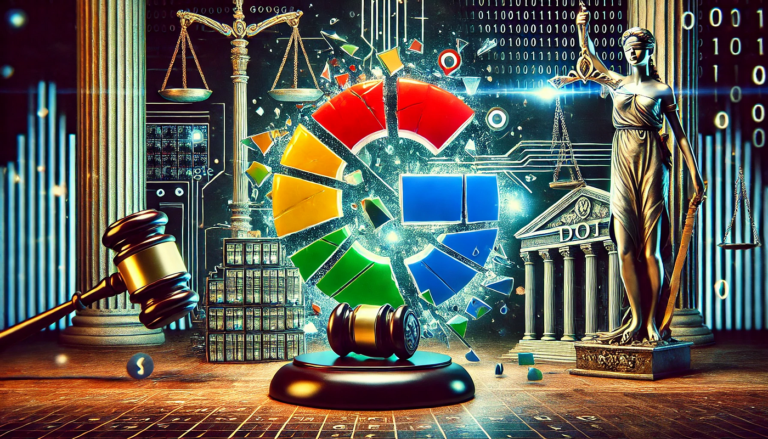What if one courtroom battle could shake the foundation of a $1.3 trillion tech empire—and force Mark Zuckerberg to sell Instagram? This isn’t just about Facebook. This is about the future of power in tech, and it could change everything you thought you knew about Big Tech dominance.
The Big Idea (What’s Going On)
Meta (formerly Facebook) is about to go head-to-head in a major legal battle with the U.S. government. This isn’t just some lawsuit—it’s an antitrust trial. The government is basically saying:
“Zuckerberg, your company got too powerful not by innovating, but by buying your way to the top—and that’s illegal.”
The government wants Meta to break up. That means it might have to sell Instagram, one of its biggest platforms. This case is happening under President Trump’s administration, and it could set a huge precedent for how Big Tech companies operate in the future.
Why It Matters (Why You Should Care)
If you’re into crypto, tech, or just understanding where the digital world is heading—this case is a goldmine. Here’s why:
-
Big Tech is under fire. Meta is the latest in a line of tech giants (like Google and Apple) being targeted by the government for abusing their power.
-
The rules of digital power are being rewritten. This case could redefine what’s allowed in the digital economy.
-
It shows how platforms grow—not by competing, but by buying rivals. That affects innovation, user choice, and even freedom on the internet.
-
It connects with crypto and decentralization. If Big Tech gets weaker, decentralized platforms (like those in crypto) might have a better chance to rise.
What’s the Government Saying? (The Accusation)
The Federal Trade Commission (FTC) is leading the charge. Their core argument?
Facebook didn’t win by building better products. It won by buying out the competition.
They say Meta:
-
Bought Instagram in 2012 for $1B not because it needed it, but to kill off a threat.
-
Bought WhatsApp in 2014 for $19B, again to eliminate competition.
-
Acquired smaller companies like Onavo and Glancee just to spy on rising apps and take them out early.
The most damning piece? A 2008 internal email from Zuckerberg saying:
“It is better to buy than compete.”
Ouch. That quote might be the smoking gun.
The Bigger Picture (Where It’s All Heading)
This isn’t just about Meta.
-
Google already lost one major antitrust case for dominating search.
-
Amazon, Apple, and Microsoft are next in line for similar cases.
-
The DOJ (Department of Justice) is pushing hard under Trump, continuing investigations started during the Biden era.
So, we’re seeing a full-blown tech reckoning.
What Could Happen Next? (Possible Outcomes)
-
Meta loses → Instagram or WhatsApp might be sold off to become independent again.
-
Meta wins → The company keeps growing, and other tech giants breathe a sigh of relief—for now.
-
Settlement → Meta might agree to some changes or pay a huge fine to avoid full breakup.
Either way, the rules of tech dominance will change. This will affect:
-
How companies compete
-
Who controls your data
-
How free the internet really is
Key Words to Remember
| Term | Meaning |
|---|---|
| Antitrust | Laws that stop companies from getting too powerful or crushing competition unfairly. |
| FTC (Federal Trade Commission) | Government agency that fights monopoly behavior. |
| Monopoly | When one company has so much power, no one else can compete. |
| Market Dominance | Being the strongest player in a particular industry or space. |
| Divestment | Forcing a company to sell part of itself (like Instagram). |
So, Why Should You Learn More?
Understanding this trial helps you:
-
Spot opportunities in tech and crypto (especially as decentralized alternatives gain momentum).
-
Think critically about how power works in the digital economy.
-
Build your knowledge of market dynamics, regulation, and innovation.
This case is a real-world battle between power, control, and the future of the internet. If you’re serious about technology, investing, or crypto, this is the kind of stuff that helps you level up.
Want to build the future? Then understand how the past and present are being challenged—right here, in a courtroom battle that could change everything



